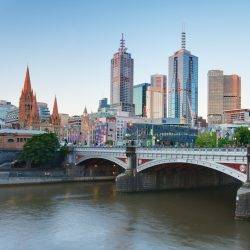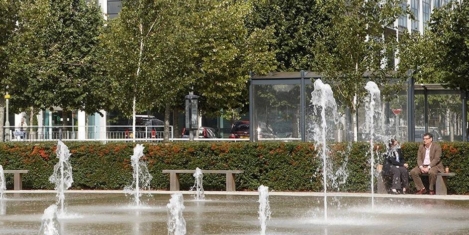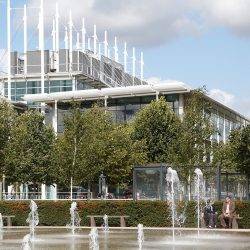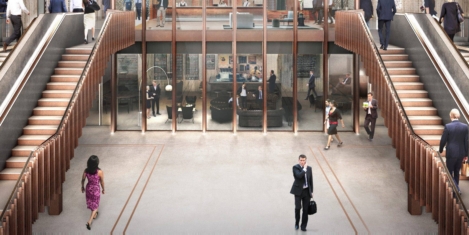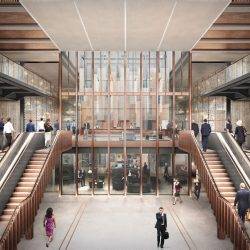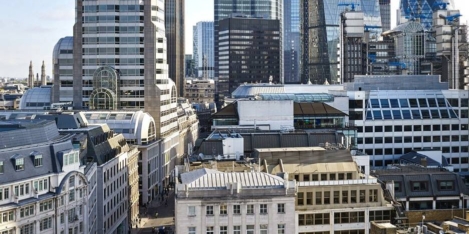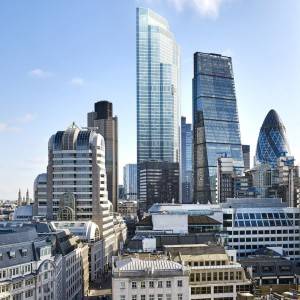April 24, 2017
Commercial property lenders should drive sustainability through financial innovation 0
 The commercial real estate finance sector is witnessing a dramatic shift in attitudes towards the issue of sustainability, according to a new report from the Better Buildings Partnership. It claims that major commercial property lenders are already exploring new opportunities that go well beyond traditional risk management through sustainability initiatives that ‘drive new business, strengthen customer relationships and improve the data they hold on the buildings in which they have underwritten’. The report, Beyond Risk Management: How sustainability is driving innovation in commercial real estate finance, is sponsored by CREFC Europe, GeoPhy, ING Bank and Lloyds Bank Commercial Banking, and claims to reveal pioneering examples of how lenders are incorporating sustainability into their core business activities.
The commercial real estate finance sector is witnessing a dramatic shift in attitudes towards the issue of sustainability, according to a new report from the Better Buildings Partnership. It claims that major commercial property lenders are already exploring new opportunities that go well beyond traditional risk management through sustainability initiatives that ‘drive new business, strengthen customer relationships and improve the data they hold on the buildings in which they have underwritten’. The report, Beyond Risk Management: How sustainability is driving innovation in commercial real estate finance, is sponsored by CREFC Europe, GeoPhy, ING Bank and Lloyds Bank Commercial Banking, and claims to reveal pioneering examples of how lenders are incorporating sustainability into their core business activities.









